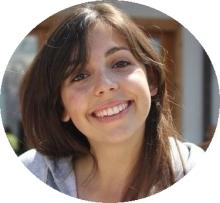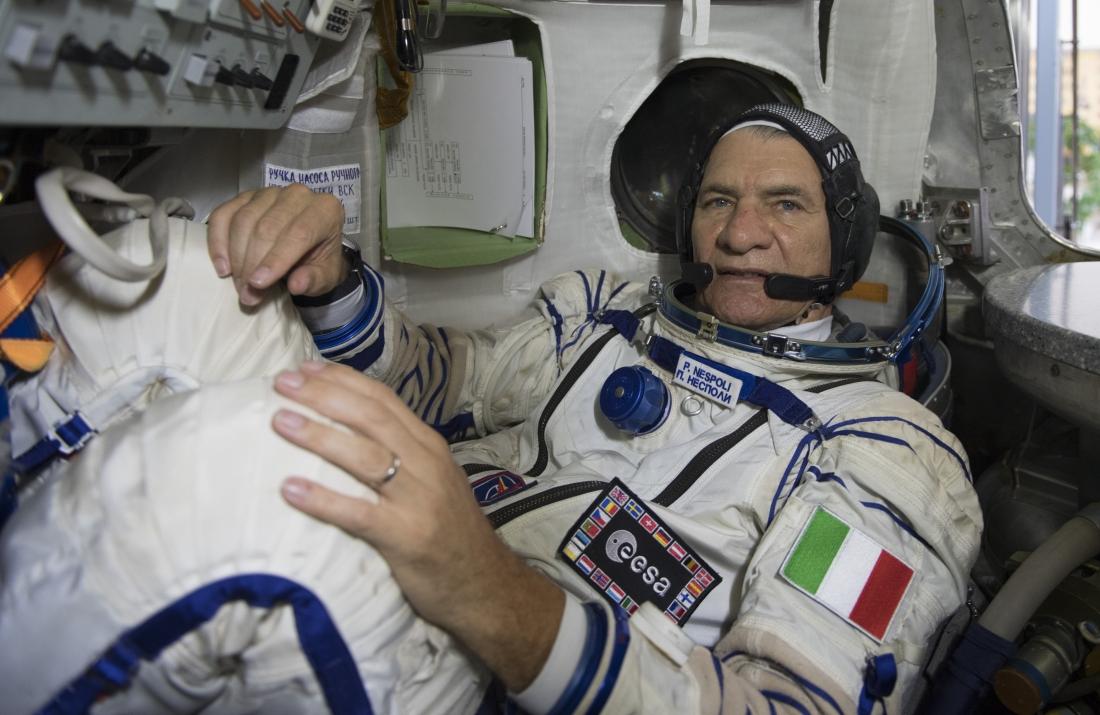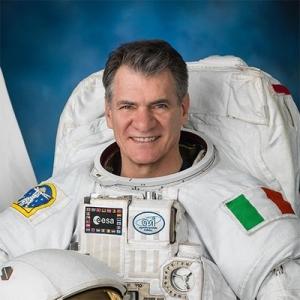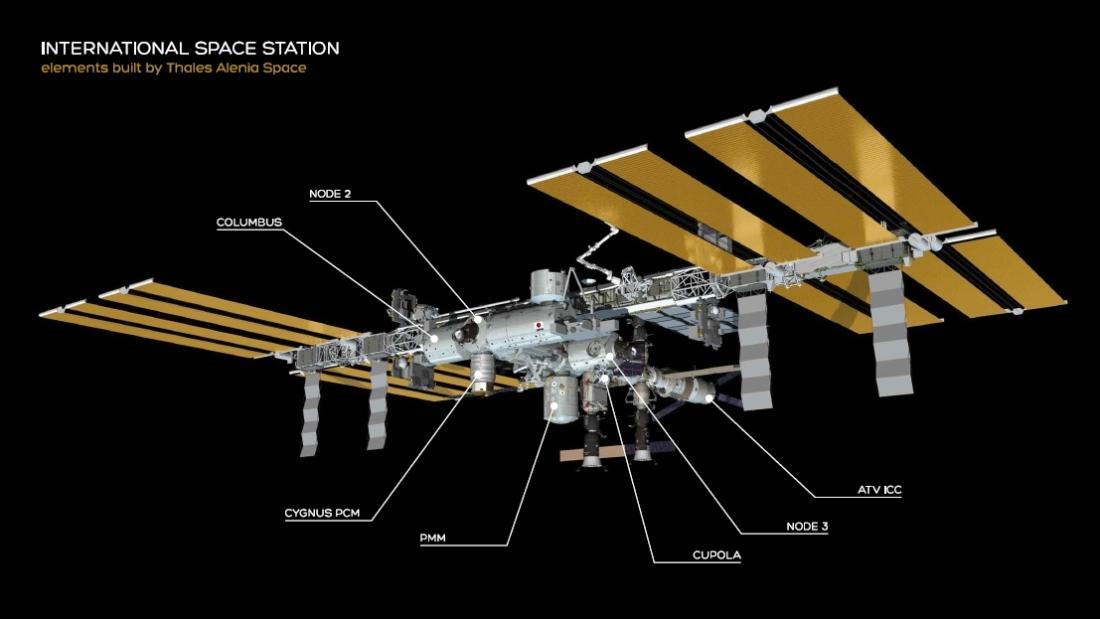PERSEO, un système de protection contre les radiations, prochainement testé en orbite par l’astronaute Paolo Nespoli

PERSEO, un système de protection contre les radiations, prochainement testé en orbite par l’astronaute Paolo Nespoli
We asked Martina Giraudo [science & exploration radiation and nuclear systems engineer at Thales Alenia Space in Italy], who had always dreamed of being an astronaut, to explain this project.

Initially, I contributed to a radiation protection assessment study, then in the last year I have been involved in the more technical and management parts of the project, working with different people inside and outside the company. So I’ve gotten to see all different aspects of this project.
What’s the main aim of the experiment?

We designed a simple radiation protection vest, which provides radiation shielding material over sensitive body parts (e.g., bone marrow) to protect an astronaut in case of a solar particle event. The vest is inflated with water from the existing ISS system. The main aim of the experiment is to test the filling and draining procedures, and the wearability of the vest itself. The vest was custom-tailored for Italian astronaut Paolo Nespoli – so of course we’ll be asking him how well he’s able to move around the ISS wearing a large amount of water!
Will you track these operations from Earth?
Yes, we’ll be connecting to the ISS from a control room in Italy, so we can monitor the experiment in real time, and support the astronaut if needed.
How does PERSEO protect astronauts?

By shielding astronauts from radiation, PERSEO aims to prevent an occurrence of acute radiation syndrome, which could lead to the astronaut’s death in a worst case solar particle event. It’s mainly intended for use on future missions outside the Earth’s magnetic field protection, to the Moon or Mars for example. With the PERSEO vest, the astronaut will be protected from the incoming radiation, allowing them to move around the spacecraft for emergency maintenance activities, for instance, without being forced to stay in a very small shelter for many hours.
Was this the first time you actually met an astronaut?

When we will receive initial feedback from the experiment?
Paolo will test the vest this autumn, we will get our first feedback.
When the vest and water container return to earth in 2018, we will conduct further analyses, helping us understand the impact of the launch and the zero gravity environment on all materials involved.
Space is your current profession… did you ever dream about space as a child?
Definitely! I spent my childhood reading and watching many space-related books, TV series and movies, so of course I wanted to go into space when I was a kid! After all, who has not dreamed about space!?!
Thales Alenia Space provides half of the Space Station's pressurized volume!

The ISS holds a special place in the hearts of Thales Alenia Space’s engineers. The company has provided fully half of the pressurized volume on the ISS, including Nodes 2 and 3, the Leonardo Permanent Multipurpose Module (PMM), the Multipurpose Logistics Modules (MPLM) and the Cupola, the Columbus lab structure, and the cargo modules for the ATV resupply vessels. Thales Alenia Space also builds, on behalf of Orbital ATK, the pressurized cargo modules (PCM) for the Cygnus resupply vessels. Another Cygnus will be launched in the coming months. Stay tuned for the latest info.
Copyrights:
Cartoon: © Thales Alenia Space/Briot
Photo Martina Giraudo: © Thales Alenia Space
Photo 2: © Thales Alenia Space
Photo 3: © ESA/Stéphane Corvaja
Photo 4: © ESA

